With rich rotating decoration, it is adorned on the body with a pair of phoenixes, symbolizing loyalty and honesty, in the middle of large peonies. The neck and the lid, topped with a handle in the shape of a golden button, are highlighted with Greek friezes and its base is decorated with lambrequins. The whole is covered with abundant floral decoration in bright colors in shades of pink and green.
Appeared during the Qin dynasty (221 BC – 207 BC), ginger jars had an extensive function, as they were used to store ginger, herbs and spices or store oil. When ceramic storage jars filled with ginger began to be exported to Europe around the 19th century, ginger jars gained popularity as a decorative item.
The Famille Rose decor appears during the Qing dynasty, around 1720. It’s a Dutch chimist, Andréas Cassius, who discovers in 1650 the chemical formula allowing to obtain pink enamels caller thereafter « purple of Cassius », which arrives at the court of China around 1719 through the Jesuits. The purple mixed with an opaque white based on arsenic gives the pink to which the decorative palette owes its name. The Famille Rose porcelain have polychrome decorations in which pink tones dominate and very often have a plant motif composed of flowers and bouquets.























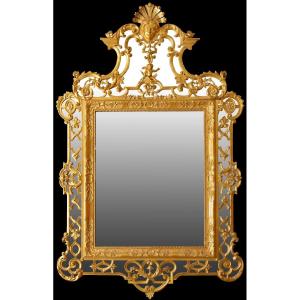








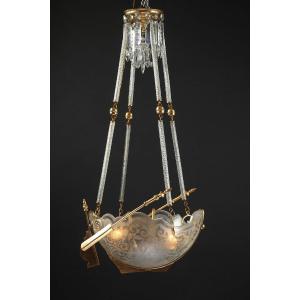



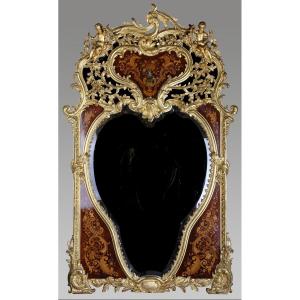
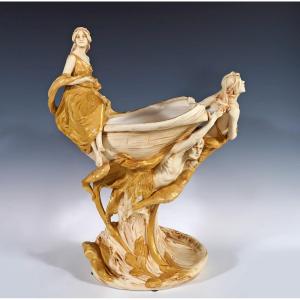
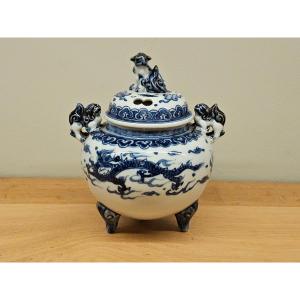
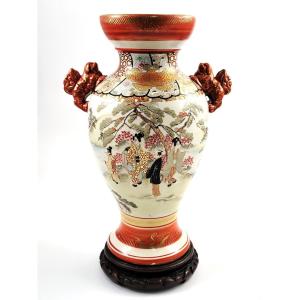






 Le Magazine de PROANTIC
Le Magazine de PROANTIC TRÉSORS Magazine
TRÉSORS Magazine Rivista Artiquariato
Rivista Artiquariato